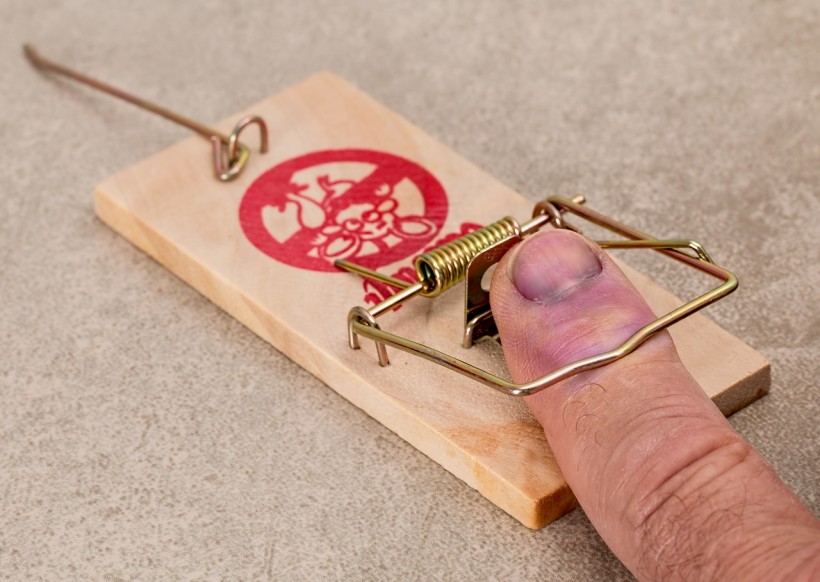"Pain demands to be felt." That was a quote that The Fault in Our Stars character Augustus quoted from the fictional book called "An Imperial Affliction" to his friend Isaac while playing video games in his basement.
Pain is the body's way to tell that there is danger and to be careful to avoid it. However, some have not felt pain their entire lives due to a rare condition and there is no cure for it as of now. But experts believe it could help researchers unlock new ways to deal with chronic pain that troubles many people safely.

Why Do Some People Don't Feel Pain? Sufferers Say Rare Condition of Congenital Analgesia Not A Dream Come True
What is Congenital Insensitivity to Pain?
According to NORD's Rare Diseases Database, congenital analgesia or congenital insensitivity to pain (CIP) is a rare condition present from birth that inhibits the ability to perceive physical pain. Sufferers do not feel pain in any part of their body, which can cause injuries and health issues that affect their life expectancy.
CIP is caused by a rare mutation in the SCN9A gene that plays a crucial role in transmitting electrical charges to the brain. Sometimes, the condition may also be caused by mutations in the PMRD12 gene, which participates in the control of vertebrae neurogenesis. The mutation is inherited from an autosomal recessive pattern.
ALSO READ: Women's Physical Pain Is Not Taken Seriously, Study Says
The Tales of People Suffering From Not Feeling Pain
Patrice Abela, a 55-year-old software developer in southern Toulouse, France, has two daughters with a rare condition called congenital insensitivity to pain (CIP).
In a report from AFP via France 24 news outlet, he first noticed that something was off with his first daughter when she started learning to walk and her left feet left trails of blood behind, but she did not show any signs of distress. She was later diagnosed with CIP, as well as his youngest daughter.
Now aged 12 and 13, his two daughters spend at least three months every year in the hospital due to injuries and infections. They can only move now using crutches and wheelchairs because of repeated knee injuries. He told the news outlet that his daughters could feel the hot and cold shower but couldn't distinguish when it was already burning.
Another case of CIP is the 21-year-old university named Stefan Betz, who was diagnosed with the rare condition at five years old. He bit off the tip of his tongue and broke the right metatarsal of his foot after jumping a flight of stairs and felt no pain at all.
Despite not feeling physical pain, their loved ones lament their psychological distress for not being able to experience what most people feel. For Betz, it is a curse rather than a dream come true, as most people would think.
A Key to Developing New Painkiller
Scientists believe that one of the reasons that CIP cases are so rare is because few of them reach adulthood, BBC Future reported. From the evolutionary perspective, pain is essential to help the person learn how to modulate physical activity without damaging their bodies and determine how much risk they are willing to take.
Without pain, many CIP sufferers exhibit self-destructive behavior as children and young adults. Although there is no cure for the condition, scientists have found a way to still make their knowledge about it beneficial.
Since its discovery in 1932, scientists have been studying CIP to understand the lack of pain and learn how to switch it off for those suffering from chronic pain. It gives hope to developing a new kind of painkiller that caught the attention of pharmaceutical giants who seek a fresh product for the billion-dollar industry of pain relief.
RELATED ARTICLE: Filipino Professor Unlocks the Secret to a Pain-free Life
Check out more news and information on Pain in Science Times.










!['Cosmic Glitch' in Einstein's Theory of General Relativity Could Be Explained in This New Scientific Tweak [Study]](https://1721181113.rsc.cdn77.org/data/thumbs/full/53435/258/146/50/40/cosmic-glitch-in-einsteins-theory-of-general-relativity-could-be-explained-in-this-new-scientific-tweak-study.jpeg)



